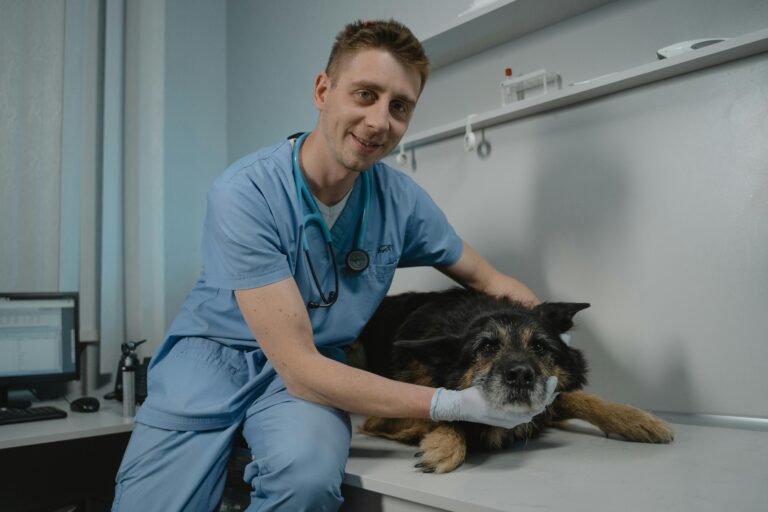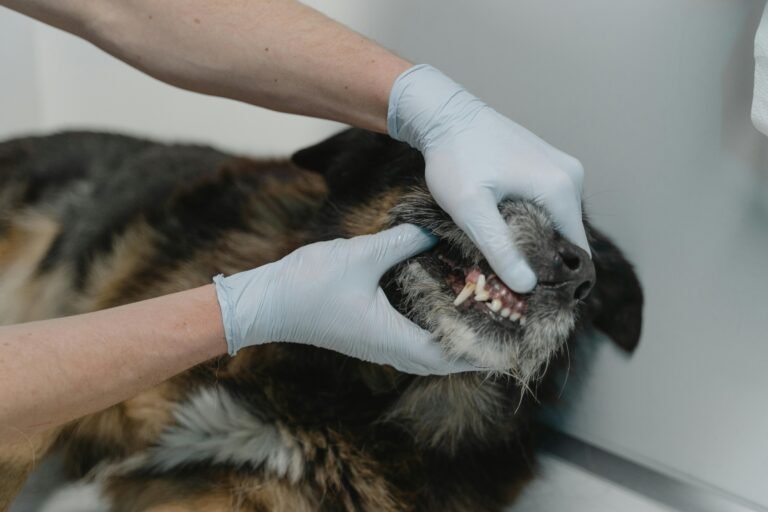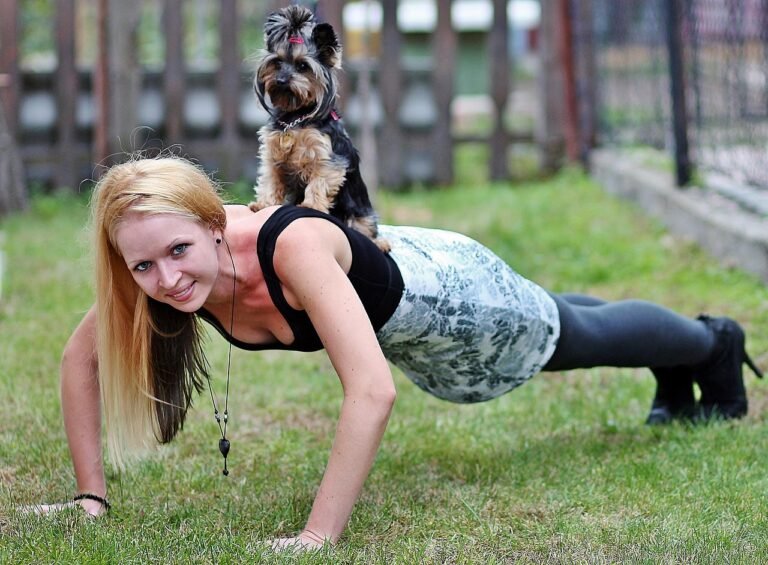Your dog spends a lot of time snoozing—on the couch, in the sun, maybe even in the middle of the kitchen floor. But how much sleep is normal for a dog? And how do you know if they’re truly getting enough rest?
Just like humans, dogs need quality sleep to support their physical health, emotional well-being, and behavior. Poor sleep can lead to irritability, low energy, and even long-term health issues.
How Much Sleep Do Dogs Really Need?
Dogs need far more sleep than people think. While it varies by age, size, and breed, here are general sleep needs based on age:
- Puppies: 18–20 hours per day (yes, really!)
- Adult dogs: 12–14 hours per day on average
- Senior dogs: 16–18 hours per day
Working breeds or high-energy dogs may nap less if they’re busy—but they still need deep sleep for recovery.
5 Signs Your Dog Isn’t Sleeping Well
1. Excessive Yawning or Lethargy
If your dog is constantly yawning during the day or seems unusually tired—even with little activity—it could be a sign they’re not getting restorative sleep at night.
2. Restlessness or Pacing at Night
Dogs that pace, whine, or frequently shift positions may have trouble settling down. Anxiety, discomfort, or overstimulation could be disrupting their rest.
3. Behavioral Changes
Sleep-deprived dogs may become irritable, clingy, or disobedient. Just like overtired kids, tired pups can act out without understanding why.
4. Lack of Interest in Play or Food
If your dog isn’t interested in their favorite toy or treat, don’t assume they’re bored—chronic tiredness could be the cause.
5. Frequent Napping in Uncomfortable Places
If your dog sleeps near noisy areas or in awkward positions, they might not be entering deep sleep. Dogs need quiet, secure spaces for quality rest.
Tips to Improve Your Dog’s Sleep
1. Create a Sleep-Friendly Space
Choose a quiet, cozy corner for their bed—away from heavy foot traffic or distractions. Dogs love enclosed spaces like crates or corners that mimic a den.
2. Stick to a Consistent Routine
Dogs are creatures of habit. Try to keep feeding, walks, and bedtime on a consistent schedule to help them relax and anticipate rest.
3. Give Enough Exercise
Daily mental and physical stimulation helps your dog sleep deeper. Boredom leads to pent-up energy, which can cause restless nights.
4. Limit Nighttime Disruptions
Keep TV, loud music, or rowdy activity to a minimum near bedtime. If your dog is sensitive to light or noise, consider blackout curtains or white noise machines.
5. Monitor Health Changes
Conditions like arthritis, digestive issues, or anxiety can all affect sleep. If problems persist, consult your vet for solutions like calming aids or medical treatment.
Final Thoughts
Sleep is just as important for dogs as it is for humans. Paying attention to your dog’s sleep patterns and creating an environment that supports rest can lead to a happier, healthier pup—and fewer midnight wake-up calls for you.
When in doubt, trust your instincts. If your dog seems more tired than usual or not their usual self, sleep may be the first place to look for answers.






